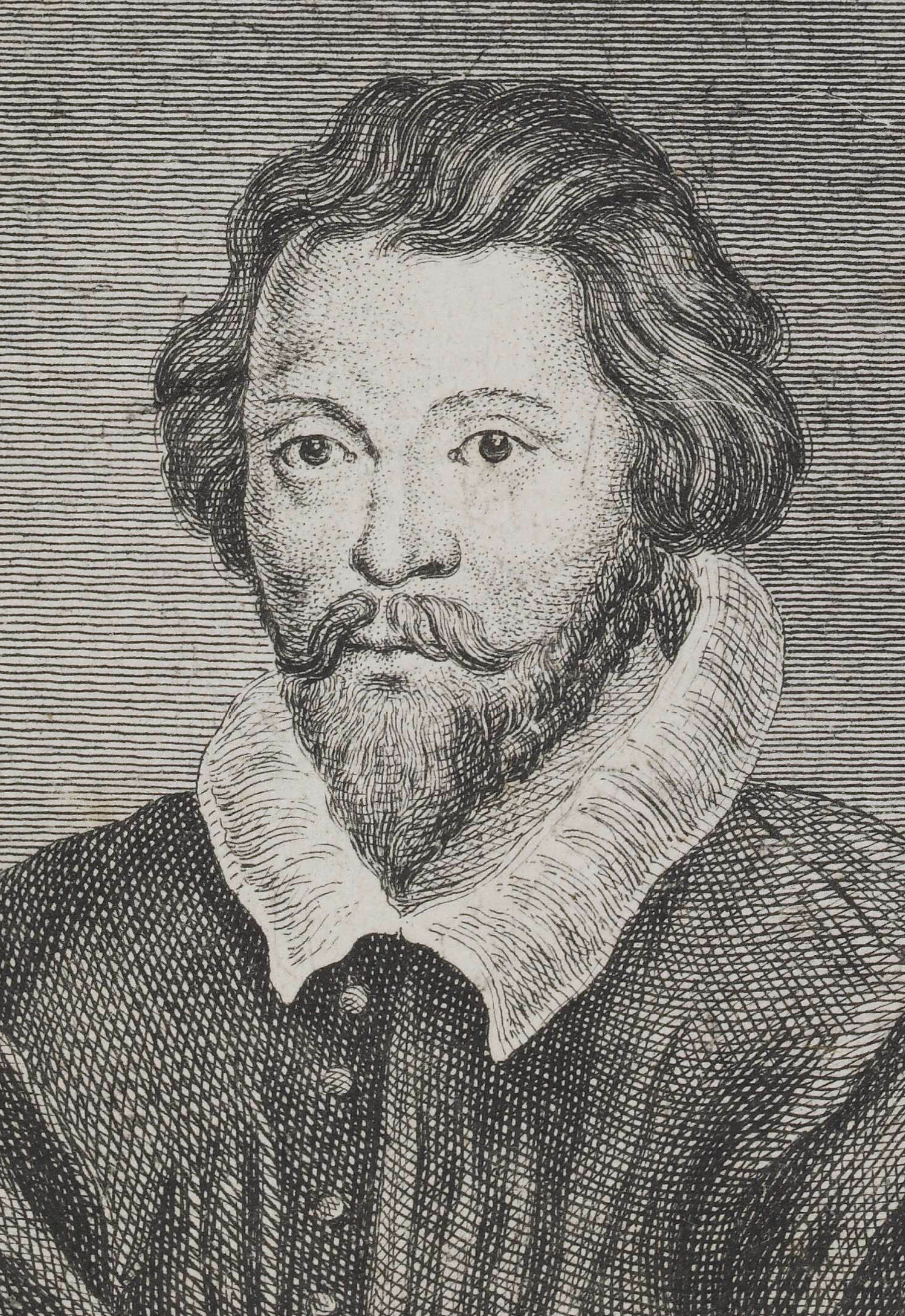“Don’t mess with my partitas, mate!”, Heinrich Biber
Hmmm, we were neither of us sure about this one. We really enjoyed bits of it, while spending some of our listening time hoping for certain pieces to end.
My bad in choosing it.
Here’s a link to the Wigmore Hall stub for the programme we saw. If that ever fails, you can find the pdf programme here.
I guess my eyes were caught by the names Biber, Byrd and Bach, without twigging quite how much contemporary composition we were also to hear. I also spotted that Lawrence Power and Sergio Bucheli were involved – we had very much enjoyed their lunchtime concert last year.
Queenslander Brett Dean comes across as a genuinely nice bloke who surrounds himself with musicians who like to play with him. His compositions, though, borrow from well-known composers and tunes, deconstructing and reconstructing them in ways that could only please ears wired differently from ours.
Brett claimed that the music in his concert spanned the 16th to the 21st century, only omitting the 19th century. I would dispute that claim. His “some birthday” piece of 1992 is a sort-of variations on the tune we know as “Happy Birthday To You”, which was first published in 1893 as “Good Morning To All” in “Song Stories for the Kindergarten” by Patty and Mildred J. Hill. While the Hill’s copyright is famously disputed, that tune is surely 19th century.

Anyway…
…here’s a nice recording of the first movement of Biber’s 7th parthia, which was the first piece we heard:
Janie and I both found George Benjamin‘s piece too weird for us. George kindly turned up to take the applause afterwards – turns out he’s a Londoner. Here’s a recording of it enabling you to judge for yourselves:
Byrd’s Fantasia pieces are lovely little vignettes. That segment was too short (or there were too few of them) for my taste. Here’s a nice example of one played by a consort of viols (almost certainly what Byrd had in mind) rather than violas and cello – which we heard and still sounded lovely:
The highlight of the evening, for us, was to see the young gifted harpsichordist/pianist Xiaowen Shang play with such joy and expression. For us she played Byrd’s Earl of Salisbury pavan and galliard, plus The Bells – both favourites of mine – on the harpsichord. Below, a video of her playing a lovely piece of Bach on the piano:
The Earl of Salisbury pavan is such a favourite of mine. Xiaowen played it beautifully, if a little twiddley for my taste. Below is Janie’s hand-held recording of Reuben Ard playing it on the electric virginals at Hampton Court Palace last year, for my Gresham Society event there:
Let’s not talk too much about the things Brett Dean did to Byrd’s beautiful pavan and his take on Bach’s Brandenburg Concerto No 6. Imagine PDQ Bach in a really bad mood, unable to make jokes.

It seemed to take an age to segue from Brett’s “treatment” to the concerto itself, which was a rather glorious and suitable choice of closing number for a concert that focussed to a large extent on the idea of two violas. By the time the concerto finally arrived, we thought we’d more than earned some ear candy.
Here’s a lovely rendering of the Bach by some sensible Dutch people who don’t mess with it:
“Is that it?”, asked Janie as the applause rang out for the Brandenburg.
“I do hope so”, I said.
“Will they play an encore?”, Janie persisted.
“I do hope not”. They didn’t.










